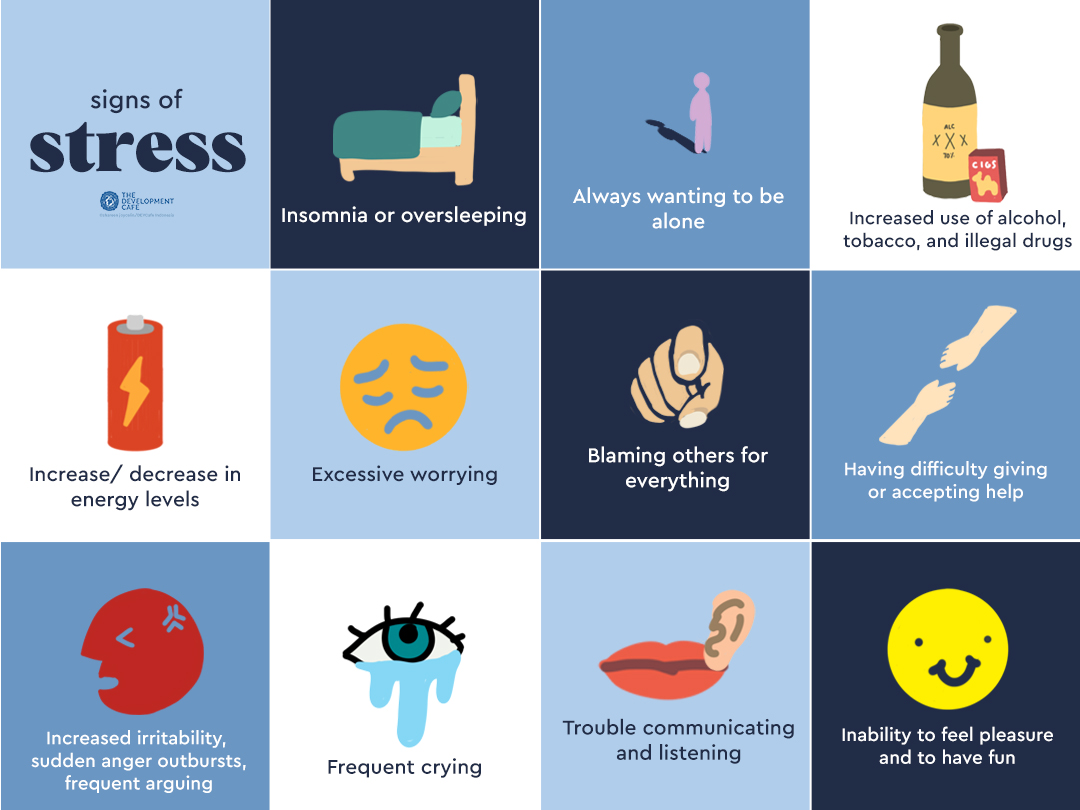Alone together. The perfect two words that describe the situation of most during the coronavirus pandemic. Even though we are all facing this simultaneously, feeling isolated is inevitable to most and it can be mentally destructive. Some people try to enlighten this circumstance as a chance to improve ourselves as individuals since we have more time on our hands. However, this creates an unnecessary peer pressure to be productive during lockdown.
Identifying declining mental health
Internal battles with loneliness and isolation can affect motivation and will to do even the simplest tasks when staying home for an extended period of time. Declining mental health can be shown by these signs:
Loneliness and isolation
Positive social relationships are essential to keep your health in top shape. However, when the coronavirus pandemic struck the world, we are all obligated to keep a social distance with the ones we love in order to avoid further spreading the disease. Even before the pandemic began, loneliness has been an increasing problem in multiple countries all over the world. Feeling disconnected with others is common when someone spends their time alone for days, let alone months.Â
Strangely, individuals who isolate themselves with other people may also feel lonely. With increasing irritability and stress from being cooped up indoors for too long, spending too much time with the same people may strain relationships.
Anxiety, stress, and pressure
Living in the middle of a global pandemic is a scary thing, even for the bravest ones out there. It can also be an even greater challenge for those who are already living with anxiety. Uncertainty around information of the novel coronavirus can drive any person into being lost in spiralling thoughts, leading to even severe levels of anxiety and stress.
Working from home may also create pressure to hustle in unhealthy amounts of time in a day. With a lot of free time in hand, a lot are feeling great pressure to maximise productivity. Social media posts pressuring others to leave quarantine a new and better person also creates competition among users to be the most productive. This may cause stress in the long run, and it’s best to identify them before it’s too late.
Identify stress with these signs:

If stress is prolonged, mental and physical health can be affected greatly. Those who live under constant stress tend to feel guilty, angry, depressed, overwhelmed by sadness, have unexplainable anxiety, and not caring for anything.
Depression
Staying home can make any person feel stuck, especially with the continuous isolation, feelings of anxiety and loneliness. This may lead to depression, or maybe something even worse. Depression isn’t just simply feeling under the weather. When most of us feel sad and moody from time to time, those suffering from depression experience this continuously and in an intense fashion. Depression is a serious mental health condition that affects mental and even physical health.
Symptoms of depression include:
- Irritability, frustration, and angry tantrums even over small matters
- Loss of motivation to do anything, even things that make the individual happy
- Irregular sleeping patterns (sleeping too little or too much)
- Lack of energy
- Anxiety
- Increased food cravings
- Indecisiveness, trouble thinking and remembering things
- Unexplained physical problems (headaches, back pains)
It’s OK to not be OK
If you’re reading this and feel that your mental health isn’t in top shape, especially during lockdown, do remember that it’s ok to not be ok. Identifying your feelings and emotions is the stepping stone into taking control of your day to day lives. We are all alone together and there is no storm that lasts forever. The COVID pandemic will pass, and in the meantime, check out this article to keep your mental health in check.
Disclaimer: the views expressed by the author do not necessarily represent the views of The Development Cafe.
References:
store.samhsa.gov/sites/default/files/d7/priv/sma14-4885.pdf
www.beyondblue.org.au/the-facts/depression/signs-and-symptoms
www.cotaqld.org.au/information/covid-19-coronavirus-information-for-older-queenslanders/isolation-loneliness-and-mental-health/

